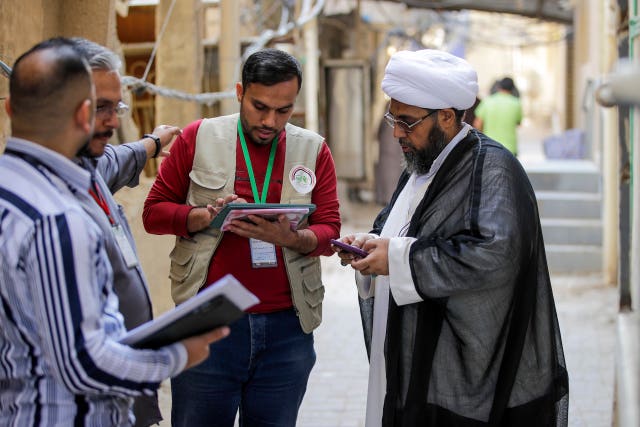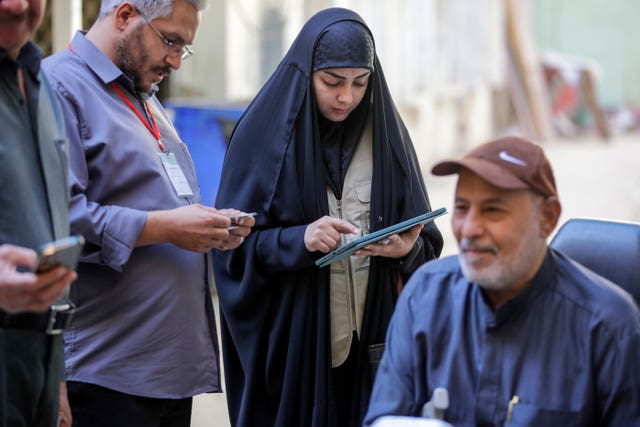Iraq has begun its first nationwide population census in decades, in a move to modernise data collection and planning in a country long affected by conflict and political divisions.
The act of counting the population has also proven contentious, as the census is expected to have profound implications for Iraq’s resource distribution, budget allocations and development planning.
Minority groups fear that a documented decline in their numbers will bring decreased political influence and fewer economic benefits in the country’s sectarian power-sharing system.

Ali Arian Saleh, the executive director of the census at Iraq’s Ministry of Planning, said agreements on how to conduct the count in the disputed areas were reached in meetings involving Iraq’s Prime Minister, President and senior officials from the Kurdish region.
“Researchers from all major ethnic groups – Kurds, Arabs, Turkmen, and Christians – will conduct the census in these areas to ensure fairness,” he said.
The last nationwide census in Iraq was held in 1987. Another one held in 1997 excluded the Kurdish region.

The census will be the first to employ advanced technologies for gathering and analysing data, providing a comprehensive picture of Iraq’s demographic, social, and economic landscape, officials say.
Some 120,000 census workers will survey households across the country, covering approximately 160 housing units each over two days.
The Interior Ministry announced a nationwide curfew during the census period, restricting movement of citizens, vehicles and trains between cities, districts and rural areas, with exceptions for humanitarian cases.






